Tech
Sign up for our newsletter
We summarize the week's scientific breakthroughs every Thursday.
-
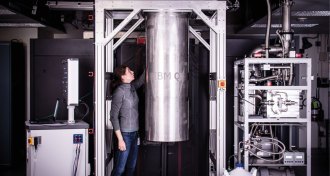 Quantum Physics
Quantum PhysicsQuantum computers are about to get real
Qubit-based machines are gearing up to solve problems that are out of reach for even the most powerful supercomputers.
-
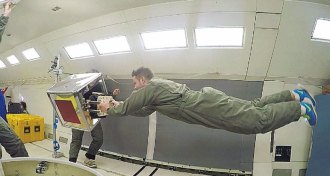 Tech
TechGecko-inspired robot grippers could grab hold of space junk
Aboard a microgravity plane, NASA is testing gecko-inspired grippers that one day could help clear up space junk.
-
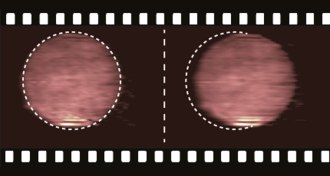 Tech
TechNew video camera captures 5 trillion frames every second
A new camera’s record-breaking speed offers researchers a window into never-before-seen phenomena, such as combustion reactions.
-
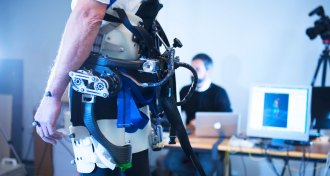 Tech
TechNew pelvic exoskeleton stops people from taking tumbles
A new exoskeleton helps people prone to falling stay on their feet.
-
 Animals
AnimalsTrackers may tip a warbler’s odds of returning to its nest
Geolocator devices that help track migrating birds could also hamper migration survival or timing.
-
 Tech
TechNew printer creates color by shaping nanostructures
Researchers developed the structure-based color printing technique as an alternative to ink-based printing, in which colors fade with time.
-
 Health & Medicine
Health & MedicineReaders concerned about cancer’s sugary disguise
Tricky cancer cells, brain-shaping smartphones, a cow-burying badger and more in reader feedback.
-
 Tech
TechSpaceX launches and lands its first reused rocket
Aerospace company SpaceX has successfully reused a Falcon 9 rocket’s booster section for the first time.
-
 Particle Physics
Particle PhysicsReaders question supernova physics
Star-destroying neutrinos, heart-hugging robots and more in reader feedback.
-
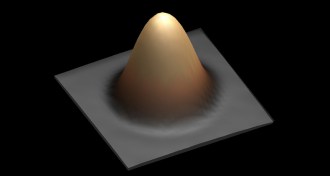 Physics
PhysicsSingle-atom magnets store bits of data
Scientists read and write data by harnessing the magnetic properties of holmium atoms.
-
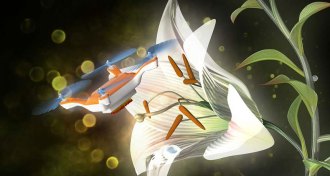 Agriculture
AgricultureFleets of drones could pollinate future crops
Chemist Eijiro Miyako turned a lab failure into a way to rethink artificial pollination.
-
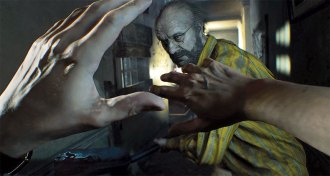 Tech
TechVirtual reality has a motion sickness problem
Virtual reality games and experiences can make some people sick, and women are more susceptible.
By Betsy Mason